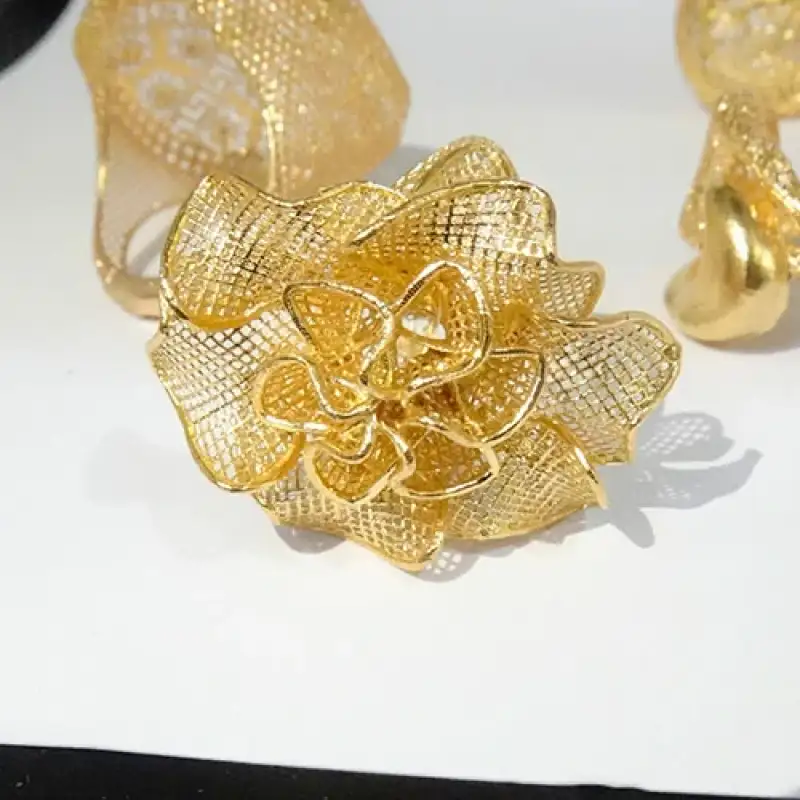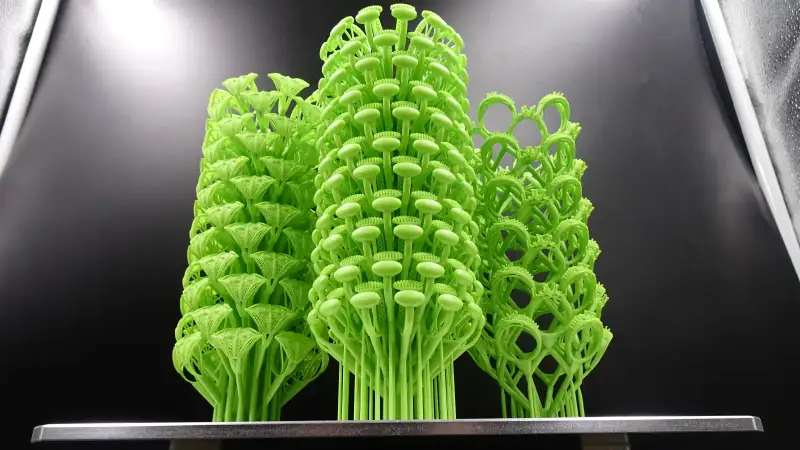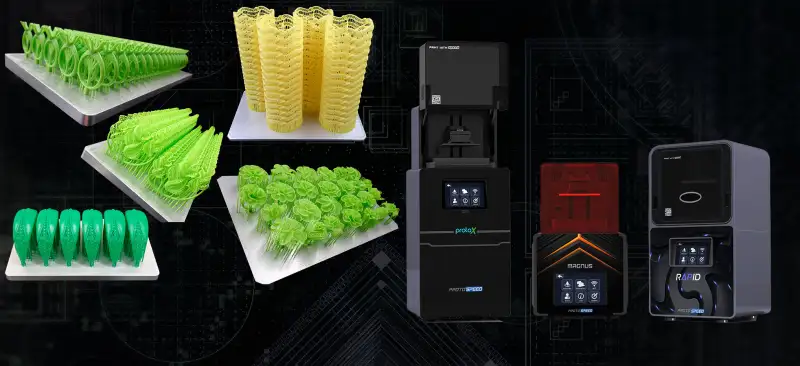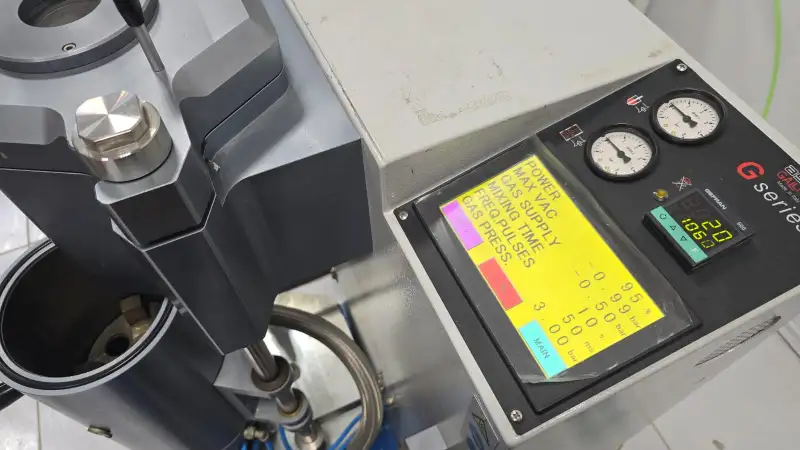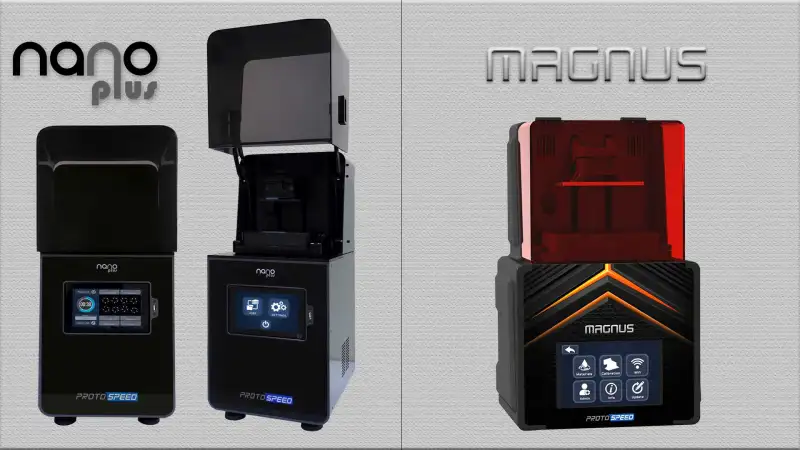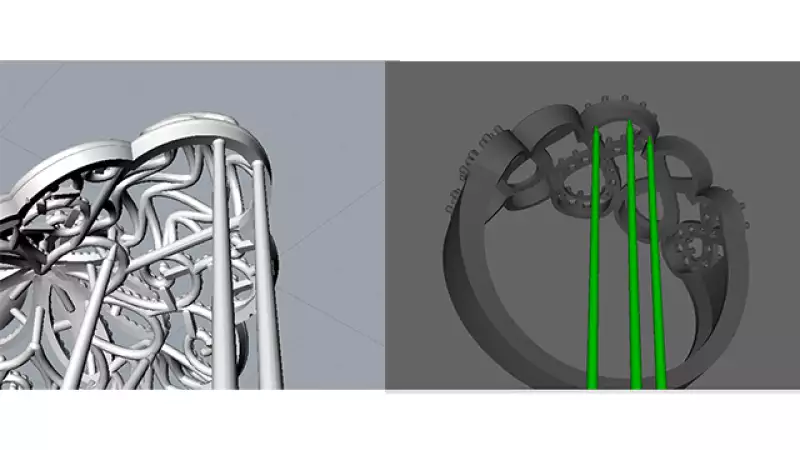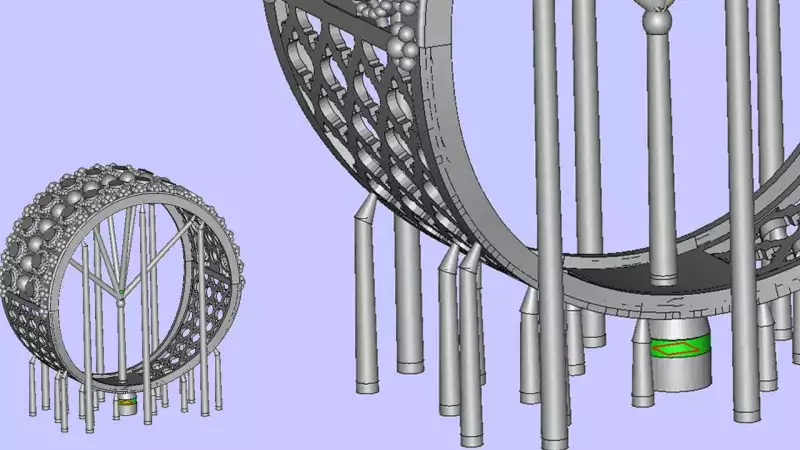The jewelry production industry depends on accuracy and productivity to produce eye-catching designs that appeal to consumers. Metal forming, which entails sculpting metals like gold, silver, and platinum into elaborate shapes, is a crucial step in the jewelry-making process. Stamping machines are essential to this process, and producers generally employ hydraulic and pneumatic stamping machines for metal forming.
3D Printing for Jewelry
In the modern, ecologically conscious world, jewelry producers are not only concerned with beauty and artistry; they are also putting a significant emphasis on sustainability. Nowadays, gold recovery is a must-have in the jewelry industry.
In Jewelry production, 3D printing necessitates accuracy and dependability, particularly for support structures. Incomplete models, unsuccessful prints, and material waste may arise from improperly printed jewelry supports.
Over the years, the jewelry industry has seen substantial change with advanced technology. It is redefining the production of detailed and superior designs. Large jewelry producers use advanced equipment and methods to guarantee accuracy, productivity, and scalability. 3D printing technology, especially Protospeed’s high-speed 3D printing for jewelry, is one of the most revolutionary advances.
3D printing has become a powerhouse in the ever-evolving field of jewelry manufacturing, revolutionizing the process of developing and manufacturing complex designs. This technology is unquestionably revolutionary since it offers unparalleled speed, accuracy, and potential for innovation.
Jewelry casting is an intriguing skill that calls for a fusion of technology, creativity, and accuracy. Vacuum technology and inert overpressure are two essential components of this complex process.
In 2019, Protospeed introduced the Nano Plus 3D Printer, a revolutionary machine that quickly became a game-changer in the commercial 3D printing sector for jewelry manufacturers, particularly in South Asia.
Jewelry 3D printing supports are specialized structures made to maintain the structural integrity of the object. It also stabilizes complex geometries and delicate embellishments. In contrast to typical supports, they emphasized accuracy, preserving fine characteristics, and minimizing post-processing.
The comprehensive toolset is offered by Rhino and Gemvision Matrix to assist jewelers in producing dependable, effective support structures for 3D printing. These tools can be customized to meet the specific needs of your jewelry creations, guaranteeing that they are prepared for the smooth process of 3D printing and casting. This is irrespective of whether you prefer the manual customization options in Rhino or the automation of Matrix.
Jewelers may realize their imaginative ideas with unmatched accuracy and streamlined efficiency thanks to Materialise Magics. This program streamlines every stage of the process, guaranteeing faultless outcomes whether you're handling high-volume production or creating custom pieces for discriminating clients.


